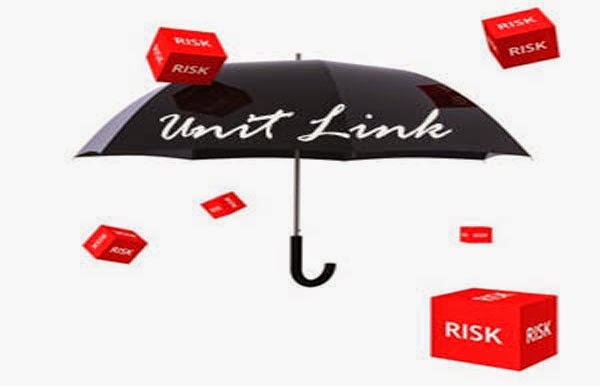The first generation of Russian billionaires, who made a fortune in the 1990s, is approaching the age, at which it is time to think about transferring assets to their heirs. At the moment the average age of participants of “200 richest businessmen of Russia" Forbes rating is about 53 years of age; 45 of them are already in their 60s, and five billionaires are even in their 70s.
A significant part of their assets affluent Russians keep abroad. According to the National Bureau of Economic Research of the United States (NBER), Russian entrepreneurs keep on bank and brokerage accounts in "tax havens" amounts equivalent to about half of Russia's annual GDP ($590 billion).
As the Director of Investment Banking Department of QBF Dmitry Kipa assesses, the proportions in the foreign portfolio of a moderately conservative investor with a large check are as follows: 50% of the capital are the real estate, 20% - the deposits, 15% - the securities on a brokerage account or in trust, 5% - business (usually shares in the company), 5% - the rest (funds and trusts, private loans, yachts, planes, art objects, cars, jewelry and precious metals placed in bank cells, etc.).
However, the procedure for transferring foreign assets into the inheritance is fraught with a lot of details and legal issues. In different countries, the terms of entering into inheritance are different, and unclaimed assets often go to the state’s treasury. And the heirs will have to collect notary non-locked funds literally bit by bit, encountering obstacles related to the bank secrecy and reluctance to share information about clients' accounts, as well as the absence of legal assistance contracts between specific countries.
The lawyers specializing in inheritance law share with Forbes, that in case with movable property (stocks and shares of companies, bank accounts, art objects, etc.), if the testator’s last place of residence is Russia, then irrespective of the will registration place, it is necessary to refer to a Russian notary and get a certificate of inheritance rights for action abroad and with this certificate go to the country of the asset, they explain. Thus, if the immovable are inherited according to the laws of the country where it is located, then, the inheritance of movables of the testator, a resident of Russia, goes by the Russian rules.
The inheritance of accounts and securities abroad falls into the vicious circle of waiting for the certificate of inheritance in Russia. Besides, for issuing a certificate, a notary will need documents confirming the existence of foreign accounts. Depending on the internal requirements of a particular bank, it may take time and effort to obtain account statements and other supporting documents because the institutions are tied by the bank secrecy.
In this case, the foreign policies of shared life insurance (unit linked) as an alternative can be singled out. "The asset in the form of a policy and the assets acquired through it are inherited almost immediately upon the death of the insured, after checking the documents submitted by the heirs of the policy on themselves and the fact of death, which is definitely 6 months faster", says the general director of Emquarta, a personal adviser", Nataliya Smirnova.
Experts interviewed by Forbes assure that numerous wills in this case will not dispute each other. But it is necessary to understand that only one sentence in the last will can strike down all previous ones, warns Yekaterina Markova.
Full version by link: http://www.forbes.ru/finansy-i-investicii/361227-zaveshchaniya-na-milliard-kak-peredat-inostrannye-aktivy-rossiyskim
Photos per websites: indianmoney.com, dovira-uae.com





